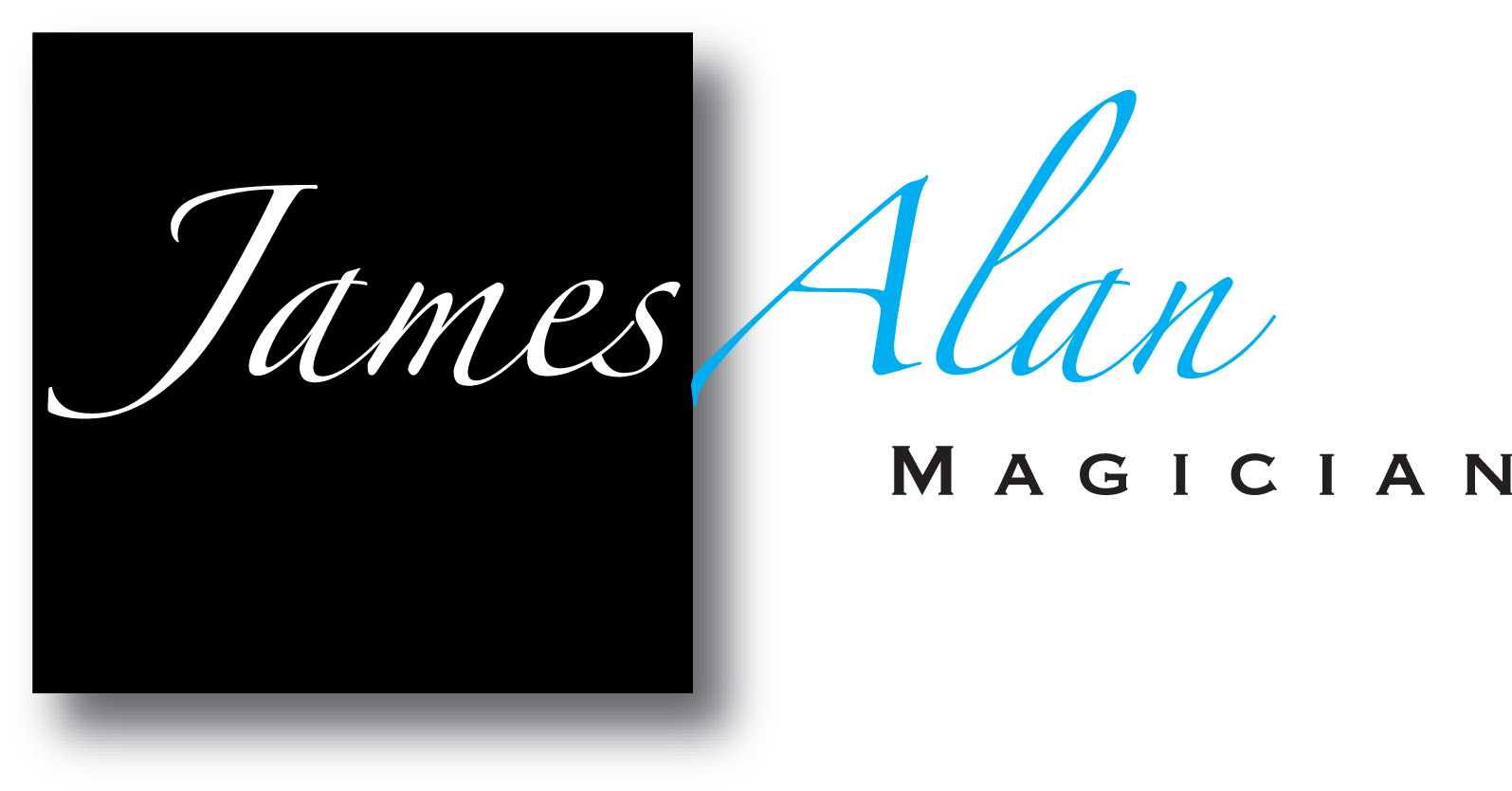Earlier this week, I received an invitation from the Centre for Inquiry to attend a special brunch with Professors Richard Dawkins and Lawrence Krauss. To say I couldn't register fast enough was an understatement. For a bit of background, I discovered Richard Dawkins' work when he was mentioned in The Salmon of Doubtwhich was compiled by Stephen Fry from the contents of Douglas Adams' many Mac computers after his untimely death in 2001. Douglas Adams was the beginning for my love of all things British, but certainly not the end. In high school, I was also deeply interested in the writings of Richard Feynman, and came across Lawrence Krauss when he wrote a biography of Feynman in 2011.
At the meeting, I was thrilled to get my copy of The Selfish Gene signed (I had the issue of Playboy[1] Dawkins appeared in in my bag, but chickened out) and I also got to perform for him very briefly.
During the question and answer period, I asked him something which interested me as a magician about the evolutionary nature of curiosity. Of course he did what all public intellectuals do and ignored my question and spoke about whatever he felt like at the moment. But not without throwing in something deeply flattering and interesting:
He said that magic (or conjuring as he preferred to call it) had deep philosophical implications because it awakened us to the fact that we are very easy to deceive. If we see something which is contrary to the way we understand the world to work, we should be very suspicious and avoid jumping to conclusions. He was referring, of course, to the tendency the species has to invoke supernatural agents and mystical forces when boring and natural explanations will suffice.
As a magician, I have been wrestling with this for a few years. On the one hand, I love science and want to encourage curiosity and rational inquiry wherever I can. On the other hand, I would prefer it if my audiences did not look to Google to try and find explanations for how my tricks work.
With this bit of insight from Dawkins, I'm hoping that I can find a better way to balance the two than I have been. Unfortunately, it's difficult to create a strong feeling of magic while simultaneously reminding people that you don't have supernatural powers and that deep down you're a lying cheating bastard.
Hope I can find a way.

[1] Always the teacher! Thanks to Dawkins, I had to learn at the age of 27, not only how to purchase pornography in print, but pornography with women in it... much harder than I thought.




